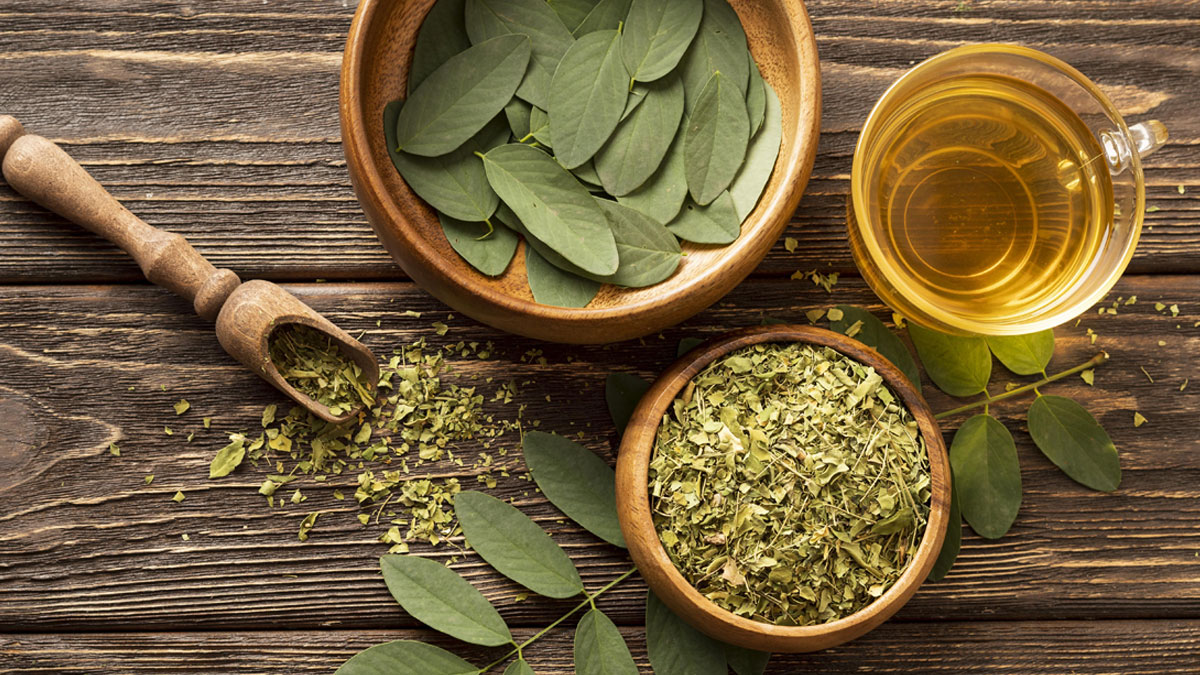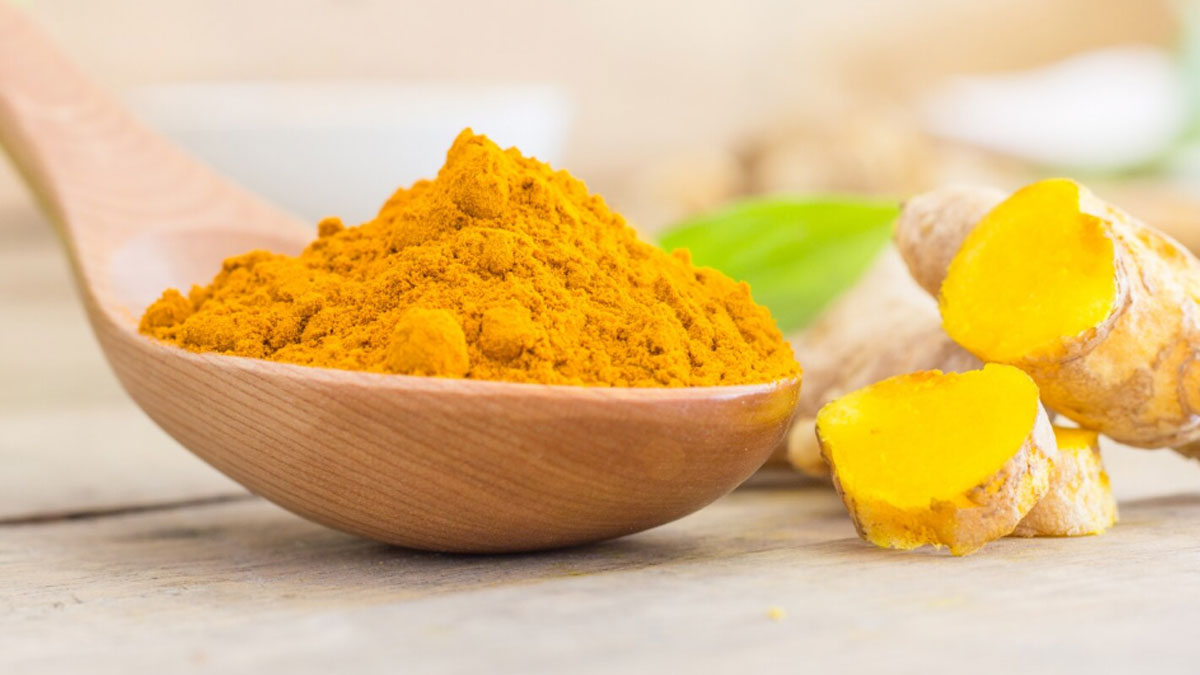In the evolving landscape of holistic health, the intersection of CBD (cannabidiol) and herbal medicine is sparking excitement among wellness enthusiasts and practitioners alike. As a non-psychoactive compound derived from the hemp plant, CBD has gained significant traction for its potential to support various aspects of health, from reducing inflammation to promoting relaxation. Meanwhile, herbal medicine, with its centuries-old tradition of using plants like chamomile, turmeric, and ashwagandha, continues to offer time-tested remedies for physical and mental well-being. In 2025, the synergy between CBD and herbal medicine is emerging as a powerful approach to natural healing, blending modern science with ancient wisdom.
This article explores how CBD and herbal medicine complement each other, their shared principles, practical applications, and the latest research supporting their combined use. Optimized for SEO with keywords like “CBD and herbal remedies,” “natural healing with CBD,” and “CBD herbal synergy,” we’ll dive into how this integrative approach can enhance wellness while offering practical tips for incorporating it into your routine.
Understanding CBD and Herbal Medicine
What is CBD?
CBD is one of over 100 cannabinoids found in Cannabis sativa, specifically hemp, which contains less than 0.3% THC, ensuring it’s non-intoxicating and legal in many regions. It interacts with the body’s endocannabinoid system (ECS), a complex network of receptors (CB1 and CB2) that regulates pain, mood, inflammation, and stress responses. By modulating ECS activity, CBD promotes homeostasis, potentially alleviating conditions like anxiety, chronic pain, and inflammation.
What is Herbal Medicine?
Herbal medicine, also known as phytotherapy, involves using plant-based remedies—such as roots, leaves, flowers, or seeds—to treat health conditions. Used for millennia across cultures, herbs like ginger, ginseng, and lavender target specific ailments, from digestive issues to insomnia. Herbal medicine operates on the principle that plants contain bioactive compounds (e.g., flavonoids, alkaloids) that interact with the body to promote healing.
Shared Principles
Both CBD and herbal medicine emphasize holistic, plant-based healing, aiming to support the body’s natural processes rather than mask symptoms. They target the root causes of imbalance, often through anti-inflammatory, antioxidant, or adaptogenic effects. This shared philosophy makes them a natural fit for integrative wellness, where combining their strengths can amplify therapeutic outcomes.
The Science Behind CBD and Herbal Synergy
The synergy between CBD and herbal medicine lies in their complementary mechanisms. CBD’s interaction with the ECS enhances the body’s ability to respond to stressors, while herbs often target specific pathways, such as digestion or immunity. Together, they can create an “entourage effect,” where multiple compounds work better than the sum of their parts.
- Enhancing Anti-Inflammatory Effects: Inflammation underlies many chronic conditions, from arthritis to autoimmune disorders. CBD is known for suppressing pro-inflammatory cytokines, as shown in a 2020 Frontiers in Pharmacology study. Herbs like turmeric (containing curcumin) also inhibit inflammatory pathways, with a 2021 Journal of Medicinal Food study noting its efficacy in reducing joint inflammation. Combining CBD with turmeric may amplify these effects, offering robust relief for inflammatory conditions.
- Boosting Relaxation and Stress Relief: Stress and anxiety disrupt mental and physical health, and both CBD and calming herbs like chamomile or ashwagandha excel in this area. A 2025 Neuropsychopharmacology review found low-dose CBD (10-20mg) reduced anxiety via serotonin receptor modulation. Chamomile’s apigenin promotes relaxation by acting on GABA receptors, while ashwagandha, an adaptogen, lowers cortisol levels.
- Supporting Pain Management: Chronic pain affects millions, and both CBD and herbs like willow bark (a natural source of salicin, similar to aspirin) offer relief. A 2023 Pain journal study highlighted CBD’s analgesic properties in neuropathic pain models. Willow bark, used traditionally for pain, complements CBD by targeting COX enzymes.
- Promoting Digestive Health: Digestive issues, such as IBS or nausea, respond well to both CBD and herbs like ginger or peppermint. CBD’s antiemetic properties were noted in a 2025 Cannabis and Cannabinoid Research study, while ginger reduces nausea via 5-HT3 receptor antagonism. A CBD-ginger blend could enhance digestive comfort, particularly for those with chronic gut issues.
Practical Applications: Combining CBD with Herbal Medicine
Integrating CBD with herbal remedies requires thoughtful selection and dosing. Here are practical ways to combine them for maximum benefit:
- CBD and Turmeric for Inflammation: Mix CBD oil with a turmeric-ginger tea or take a CBD capsule alongside a curcumin supplement. A 2025 study suggests combining CBD with curcumin enhances anti-inflammatory effects, ideal for arthritis or post-workout soreness. Start with 10-20mg CBD and 500mg curcumin daily.
- CBD and Chamomile for Relaxation: Brew chamomile tea and add a few drops of CBD oil for a calming evening ritual. This combo leverages CBD’s anxiolytic properties and chamomile’s sedative effects, perfect for sleep support. Try 5-10mg CBD with a standard tea serving.
- CBD and Ashwagandha for Stress: Combine CBD capsules with ashwagandha extract to manage chronic stress. A 2024 Journal of Ayurveda and Integrative Medicine study found ashwagandha reduced cortisol, complementing CBD’s mood-stabilizing effects. Aim for 10-15mg CBD and 300mg ashwagandha daily.
- CBD and Willow Bark for Pain: Use a CBD topical for localized pain (e.g., joint discomfort) and pair with willow bark tea or capsules for systemic relief. This duo targets pain through complementary pathways. Apply 50-100mg CBD topically and follow willow bark dosing guidelines.
- CBD and Ginger for Digestion: Add CBD oil to a ginger smoothie or take CBD alongside ginger capsules to ease nausea or IBS symptoms. This combination is supported by research on their synergistic antiemetic effects. Use 5-10mg CBD with 1-2g ginger extract.
Latest Research on CBD and Herbal Combinations in 2025
Research in 2025 is increasingly exploring CBD’s synergy with herbal compounds. A Frontiers in Pharmacology study found that combining CBD with terpenes (plant compounds in herbs like lavender) enhanced anti-inflammatory and analgesic effects via the entourage effect. Another 2025 Journal of Herbal Medicine article investigated CBD-turmeric blends, noting improved bioavailability and efficacy for chronic inflammation.
A Cannabis and Cannabinoid Research study explored CBD and ashwagandha, finding the combination reduced stress markers more effectively than either alone. Social media platforms like X reflect growing interest, with users sharing recipes for CBD-herbal blends, such as CBD-lavender balms for relaxation.
However, research gaps remain. While preclinical studies are promising, large-scale human trials are needed to confirm optimal combinations and dosages.
Safety Considerations and Best Practices
Combining CBD with herbs is generally safe, but precautions ensure efficacy and safety:
- Consult a Healthcare Professional: Both CBD and herbs can interact with medications (e.g., via CYP450 enzymes). Consult a doctor, especially if using blood thinners or sedatives.
- Start Low and Go Slow: Begin with low doses (e.g., 5-10mg CBD, standard herbal doses) to assess tolerance. Monitor for side effects like drowsiness or digestive upset.
- Choose Quality Products: Opt for third-party tested CBD (full-spectrum or broad-spectrum) and organic herbs to avoid contaminants. Check COAs for purity.
- Avoid Overuse: High doses of certain herbs (e.g., willow bark) or CBD may cause side effects like stomach irritation or fatigue. Follow recommended guidelines.
- Special Populations: Pregnant or nursing individuals should avoid CBD and certain herbs due to limited safety data.
Choosing the Right CBD and Herbal Products
Quality matters when combining CBD and herbs. Look for:
- Third-Party Testing: Ensure CBD products have COAs verifying potency and no contaminants like pesticides or heavy metals.
- Organic Herbs: Choose herbs from reputable sources to avoid synthetic additives. Brands like Gaia Herbs or Mountain Rose Herbs are trusted for quality.
- Full-Spectrum CBD: Leverages the entourage effect for enhanced benefits, though broad-spectrum is ideal for THC-free needs.
- Formulation Compatibility: Select complementary forms, e.g., CBD oil with herbal teas or capsules with herbal extracts for easy integration.
Popular products in 2025 include CBD-turmeric capsules, CBD-lavender balms, and CBD-ginger tinctures, available from brands like Charlotte’s Web and Herb Pharm.
Integrating CBD and Herbal Medicine into Your Routine
To maximize benefits, incorporate CBD and herbs thoughtfully:
- Morning Routine: Start with a CBD-ashwagandha capsule to manage daily stress and boost energy.
- Post-Workout: Apply a CBD-turmeric balm to sore muscles and sip ginger tea for recovery.
- Evening Ritual: Combine CBD oil with chamomile tea for relaxation and better sleep.
- Track Effects: Keep a journal to monitor dosages, combinations, and outcomes, adjusting as needed.
Pairing with lifestyle habits like yoga, meditation, or a balanced diet enhances results.
Final Thoughts: Embracing the Synergy of CBD and Herbal Medicine
The intersection of CBD and herbal medicine offers a powerful, natural approach to wellness in 2025. By combining CBD’s ECS modulation with the targeted benefits of herbs like turmeric, chamomile, and ashwagandha, you can address inflammation, stress, pain, and more holistically. Supported by emerging research and centuries of herbal tradition, this synergy empowers individuals to take charge of their health naturally. Start with quality products, low doses, and professional guidance to unlock the full potential of CBD and herbal medicine for a balanced, vibrant life.
Take your health and wellness to a higher level with the power of CBD. Shop online CBDMagic for Canada’s best organic CBD oil.


